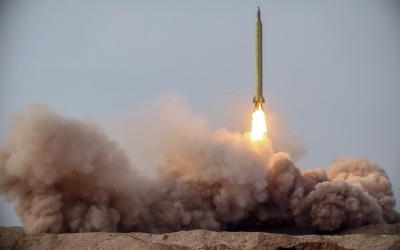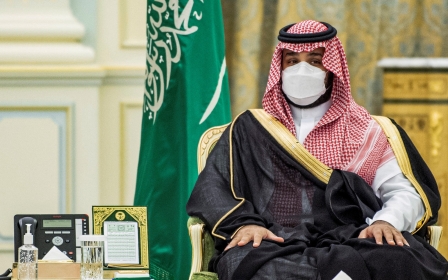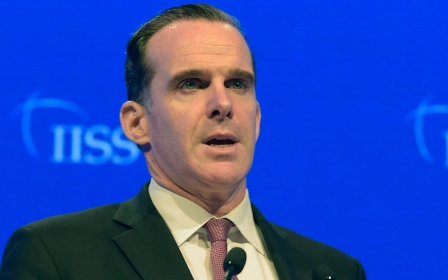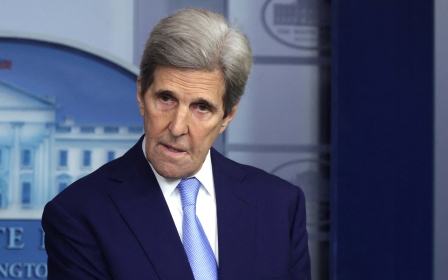Blinken meets Mossad chief amid Israeli 'concerns' over Iran talks
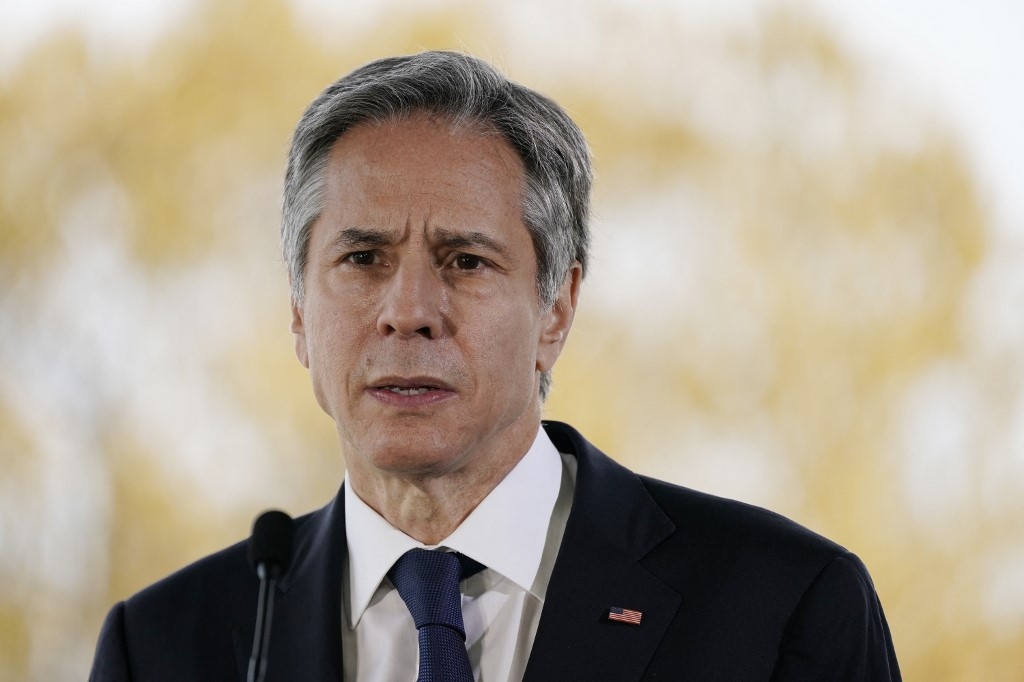
US Secretary of State Antony Blinken met the head of Israel's Mossad intelligence agency and its ambassador to Washington on Thursday, with the Israeli officials expressing "deep concern" over Iran's nuclear activities, the Reuters news agency reported, citing a person familiar with the matter.
The two-hour meeting between Blinken and his team with Mossad chief Yossi Cohen and Israeli Ambassador Gilad Erdan is the latest in a series of high-level communications aimed at allowing Israeli officials to air their grievances while seeking common ground on Iran.
As the officials met in Washington, Cohen said Israeli warplanes "can reach everywhere in the Middle East - and certainly Iran," the Times of Israel reported.
He warned that "a bad deal will send the region spiralling into war. Anyone seeking short-term benefits should be mindful of the longer term. Israel will not allow Iran to attain nuclear arms. Iran has no immunity anywhere," according to the Times of Israel.
Thursday's meeting followed talks earlier this week between US National Security Advisor Jake Sullivan and his Israeli counterpart, in which the Israeli delegation stressed their "freedom to operate" against Iran as they see fit.
New MEE newsletter: Jerusalem Dispatch
Sign up to get the latest insights and analysis on Israel-Palestine, alongside Turkey Unpacked and other MEE newsletters
The Biden administration is considering a near wholesale rollback of some of the most stringent sanctions imposed on Iran by the Trump administration in a bid to get Iran to return to compliance with the landmark 2015 nuclear accord, the Associated Press reported on Wednesday.
The Joint Comprehensive Plan of Action (JCPOA) signed by the US, Iran and world powers in 2015 lifted sanctions against Tehran after it scaled back its nuclear programme.
In 2018, the Trump administration withdrew from the nuclear agreement and reimposed crippling sanctions on Tehran. Iran initially continued to abide by the deal but has reduced some of its commitments since 2019.
"Any return to the JCPOA would require sanctions relief, but we are considering removing only those sanctions that are inconsistent with the JCPOA," State Department spokesman Ned Price said on Wednesday.
"Even if we rejoin the JCPOA – which remains a hypothetical – we would retain and continue to implement sanctions on Iran for activities not covered by the JCPOA, including Iran's missile proliferation, support for terrorism, and human rights abuses."
Earlier this month, Iranian officials said they were pushing uranium enrichment to 60 percent purity, up from the 3.67 percent that had been agreed upon in the JCPOA.
The move was in response to an attack at Iran's Natanz nuclear facility that Tehran blamed on Israel.
Middle East Eye delivers independent and unrivalled coverage and analysis of the Middle East, North Africa and beyond. To learn more about republishing this content and the associated fees, please fill out this form. More about MEE can be found here.


